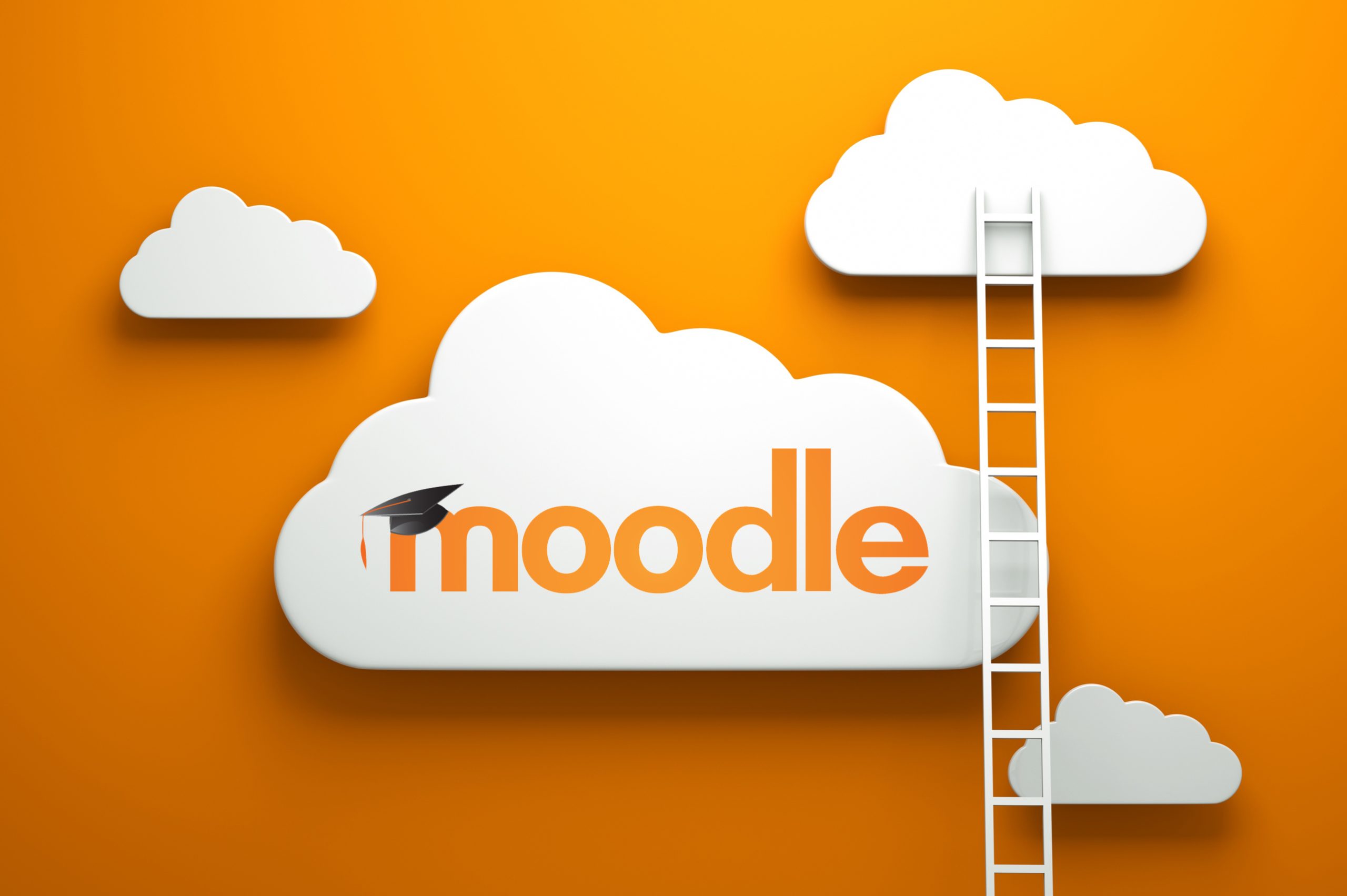Moodle is a popular open-source Learning Management System (LMS) designed to facilitate online learning and course management. It provides a comprehensive platform for educational institutions, including colleges and enterprises, to deliver courses, manage content, and engage with learners. Here’s an explanation of how Moodle can be used to power your enterprise and college pedagogy:
- Course Management:
Moodle offers a robust course management system that enables educators to create and organize courses. Instructors can create course modules, upload learning resources such as documents, videos, and quizzes, and define assignments and assessments. They can also set up discussion forums, wikis, and other collaborative tools to facilitate engagement and interaction among learners. - User Management:
Moodle provides user management features that allow administrators to create and manage user accounts. In an enterprise setting, this enables HR departments to onboard employees and assign relevant training courses. In a college or educational institution, administrators can manage student enrollments, track progress, and generate reports. - Online Assessments and Grading:
Moodle supports a wide range of assessment options, including quizzes, assignments, and exams. Educators can create online assessments with various question types, including multiple-choice, true/false, essay, and more. The system also provides automated grading capabilities, making it efficient for instructors to evaluate and provide feedback to learners. - Collaboration and Communication:
Moodle offers communication and collaboration tools to foster interaction among learners and instructors. Discussion forums, messaging systems, and live chat features allow learners to engage in conversations, ask questions, and seek assistance. This promotes a sense of community and enables peer-to-peer learning. - Customization and Personalization:
Moodle is highly customizable, allowing administrators and instructors to tailor the platform to meet their specific needs. The platform supports the creation of custom themes and templates to match the branding and visual identity of the institution or organization. Additionally, administrators can configure roles and permissions to control access to different features and resources. - Analytics and Reporting:
Moodle provides built-in analytics and reporting capabilities, enabling administrators and instructors to track learner progress, identify areas for improvement, and generate detailed reports. This data can be used to monitor learner engagement, assess the effectiveness of courses, and make data-driven decisions to enhance the learning experience. - Integrations and Extensibility:
Moodle can integrate with other systems and tools, such as Student Information Systems (SIS), Learning Tools Interoperability (LTI) compliant applications, video conferencing platforms, and more. This allows for seamless data exchange and provides access to additional functionalities. Moodle also has an active community that develops plugins and extensions, allowing further customization and integration possibilities. - Mobile Accessibility:
Moodle is mobile-friendly and offers native mobile apps for iOS and Android devices. Learners can access course materials, participate in discussions, submit assignments, and view grades on their mobile devices, providing flexibility and convenience.
By leveraging Moodle, enterprises can deliver and manage training programs for employees, ensuring continuous learning and development. In colleges and educational institutions, Moodle serves as a comprehensive platform for delivering courses, engaging learners, and monitoring their progress. Its flexibility, customization options, and robust feature set make it a powerful tool for powering pedagogy in various educational settings.





